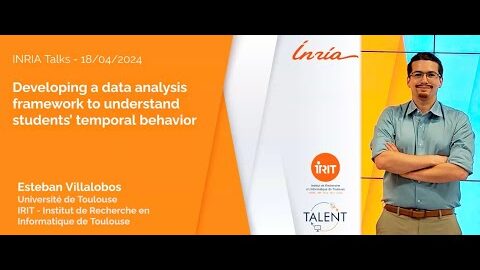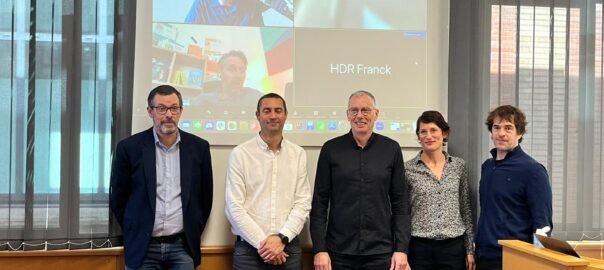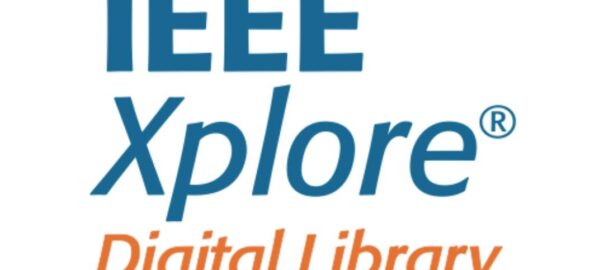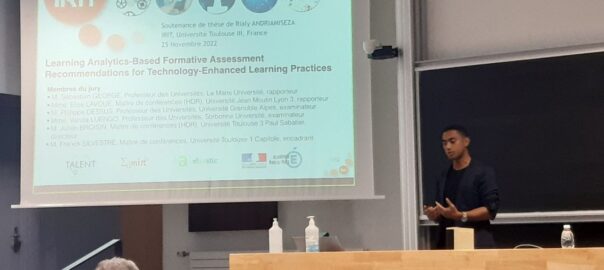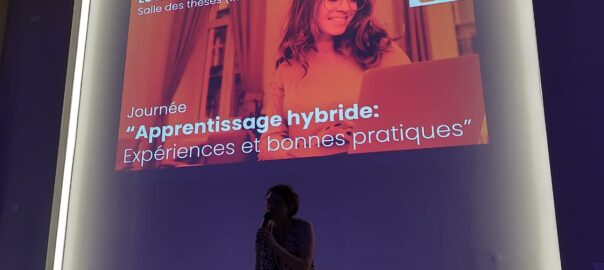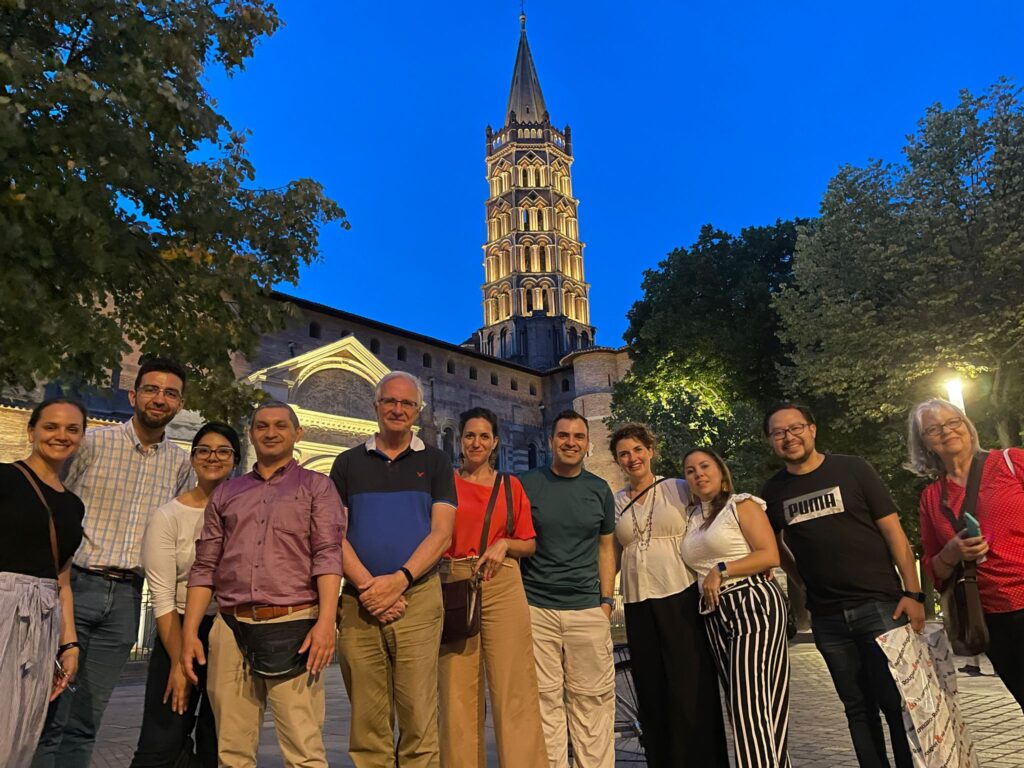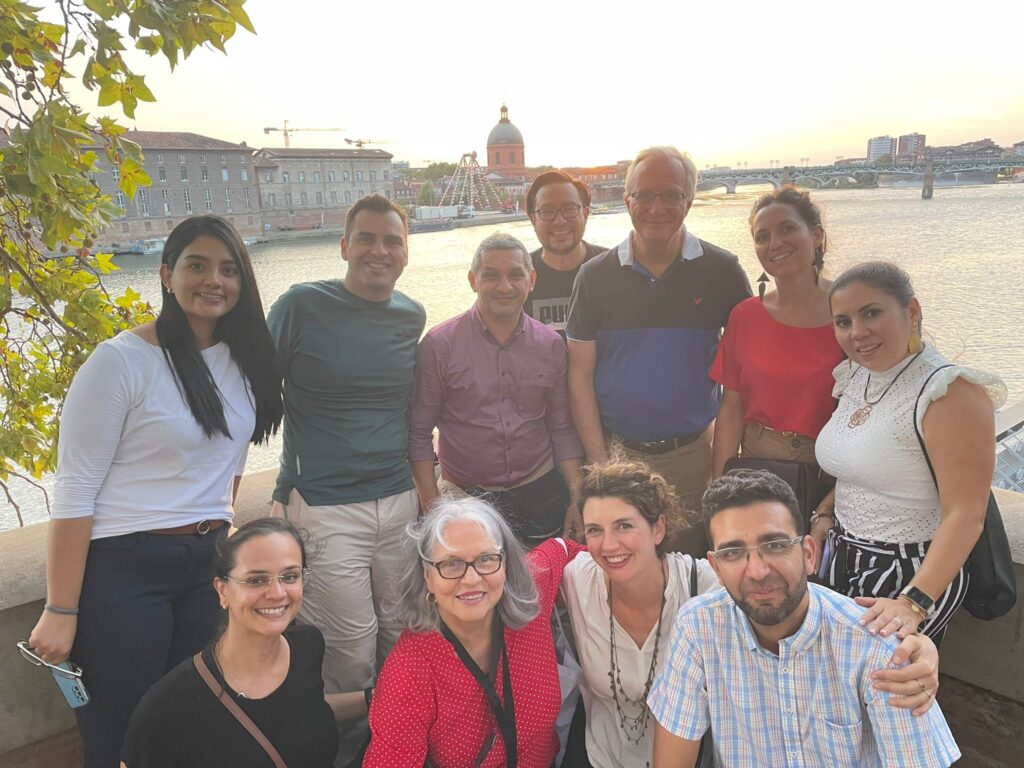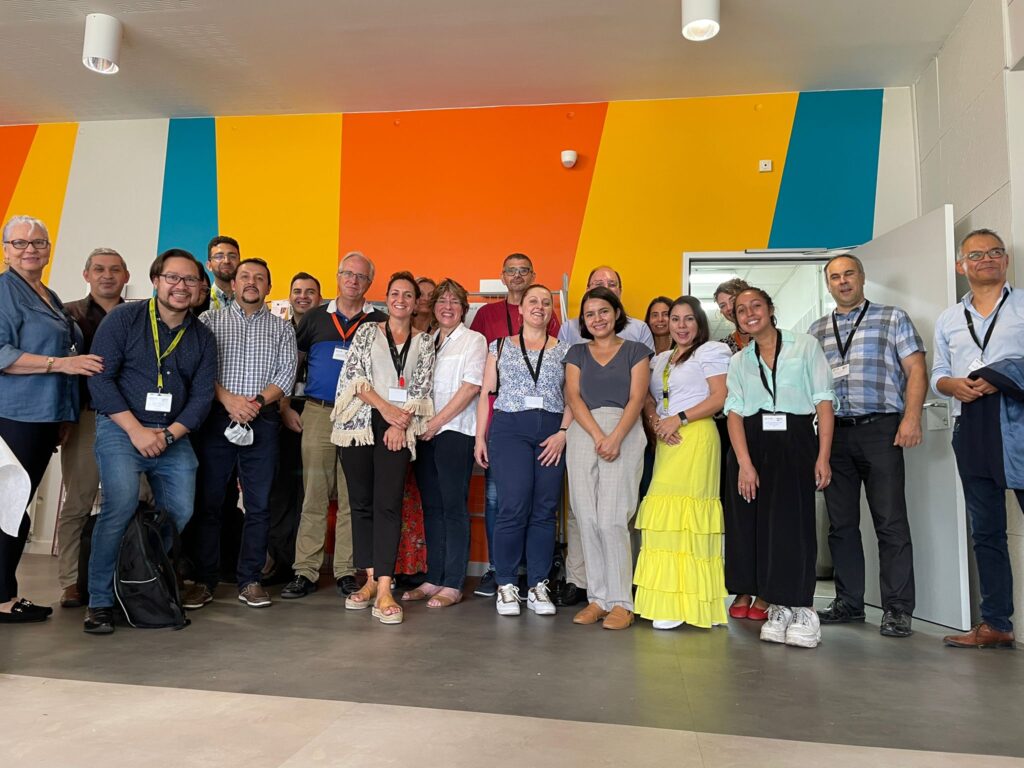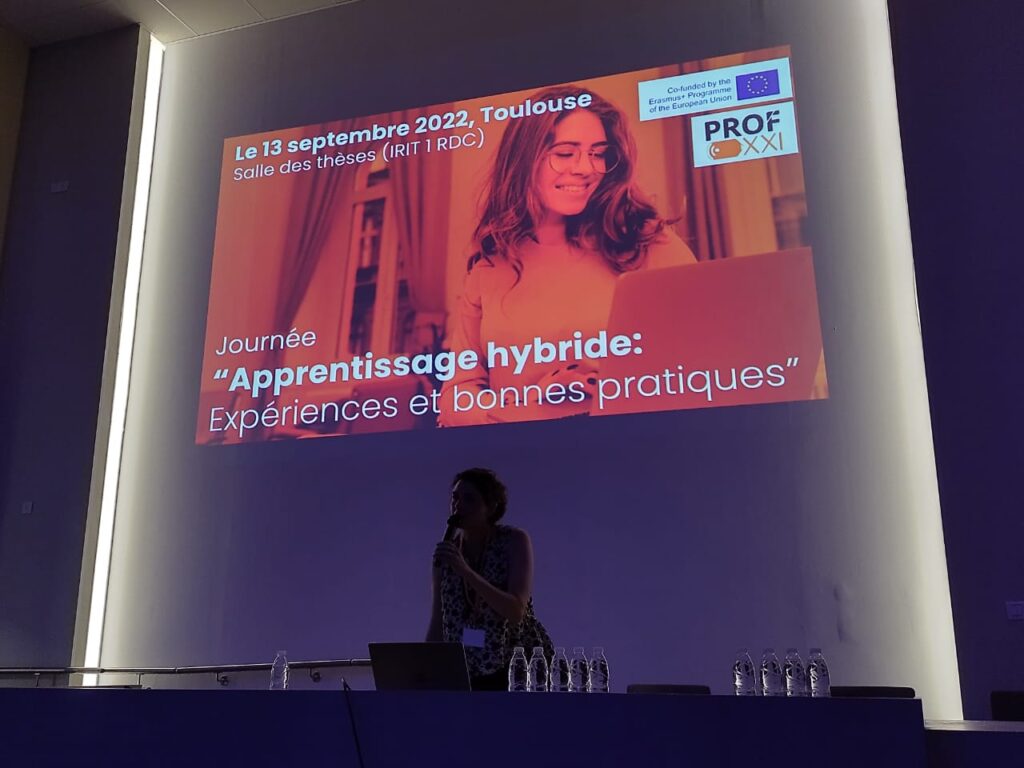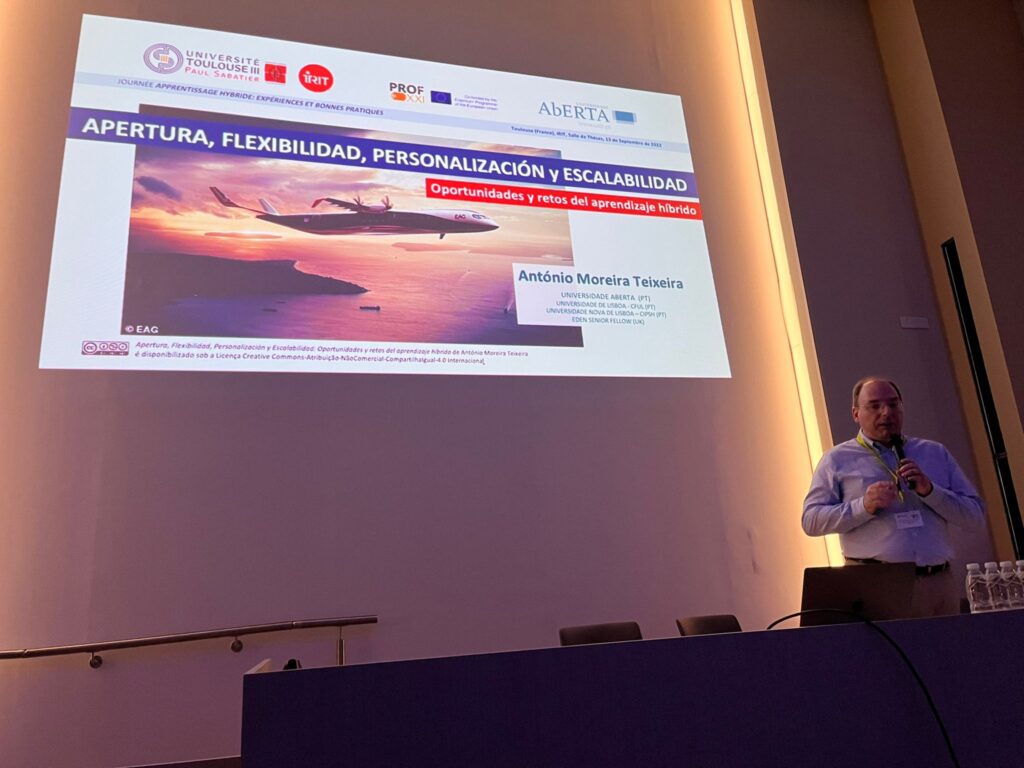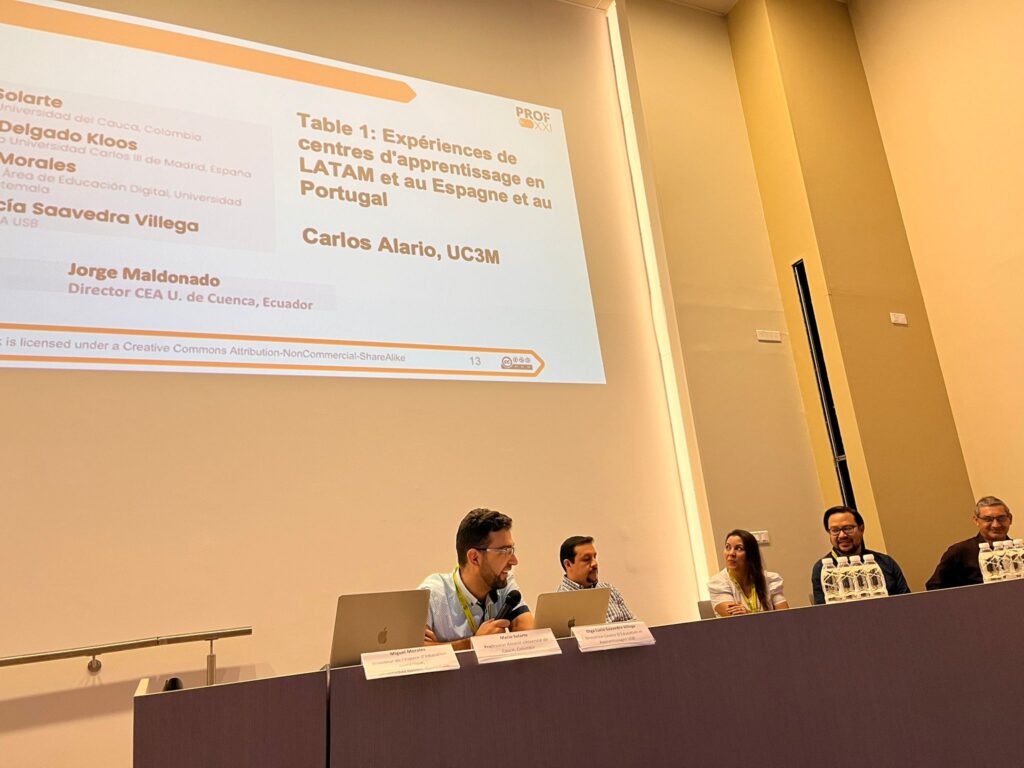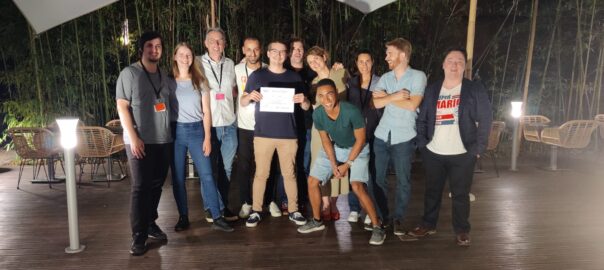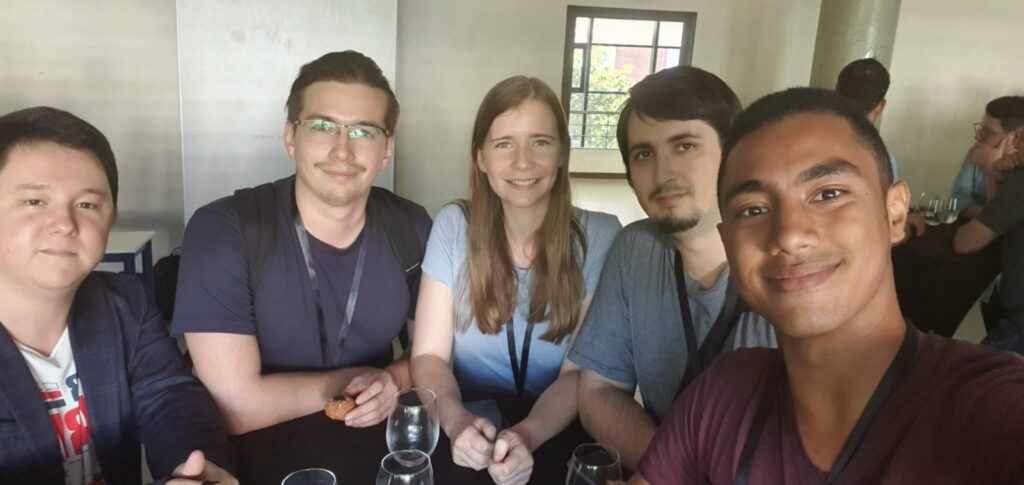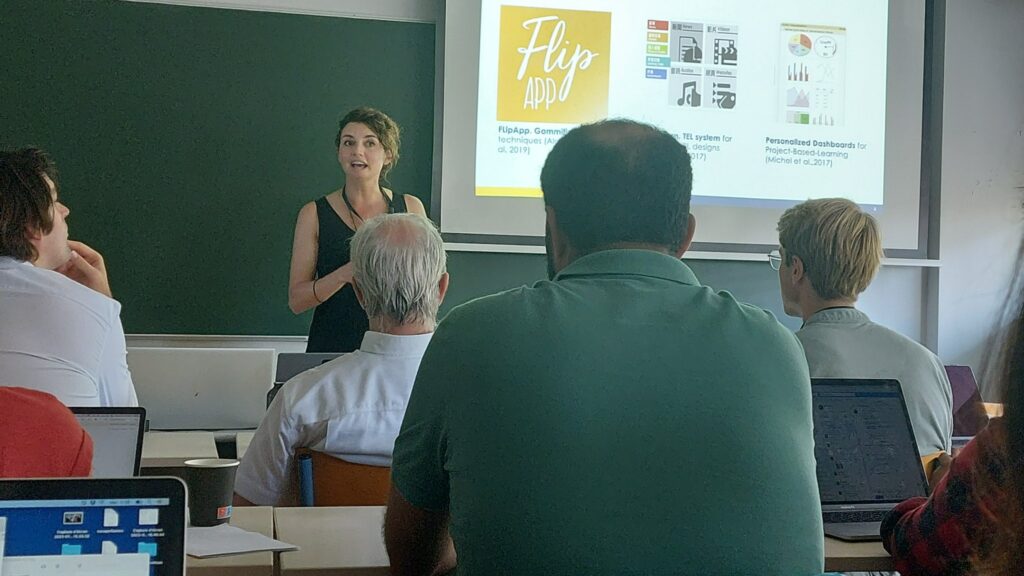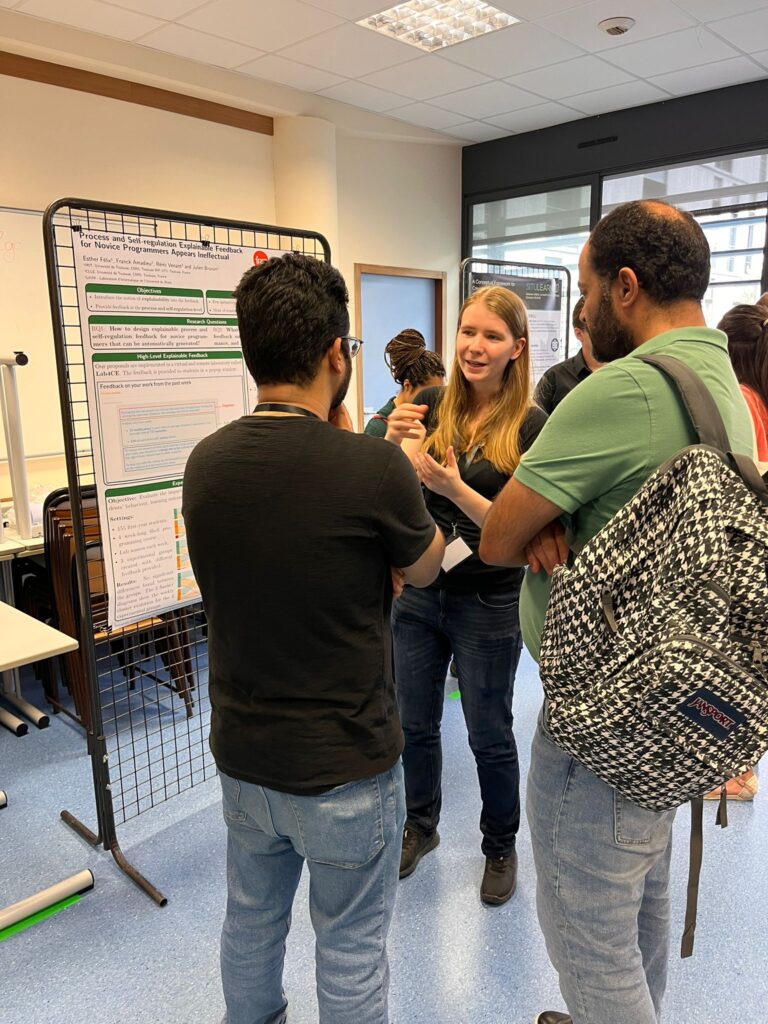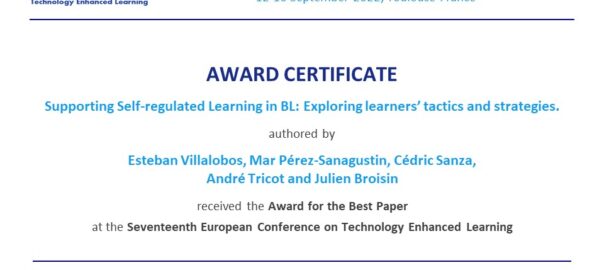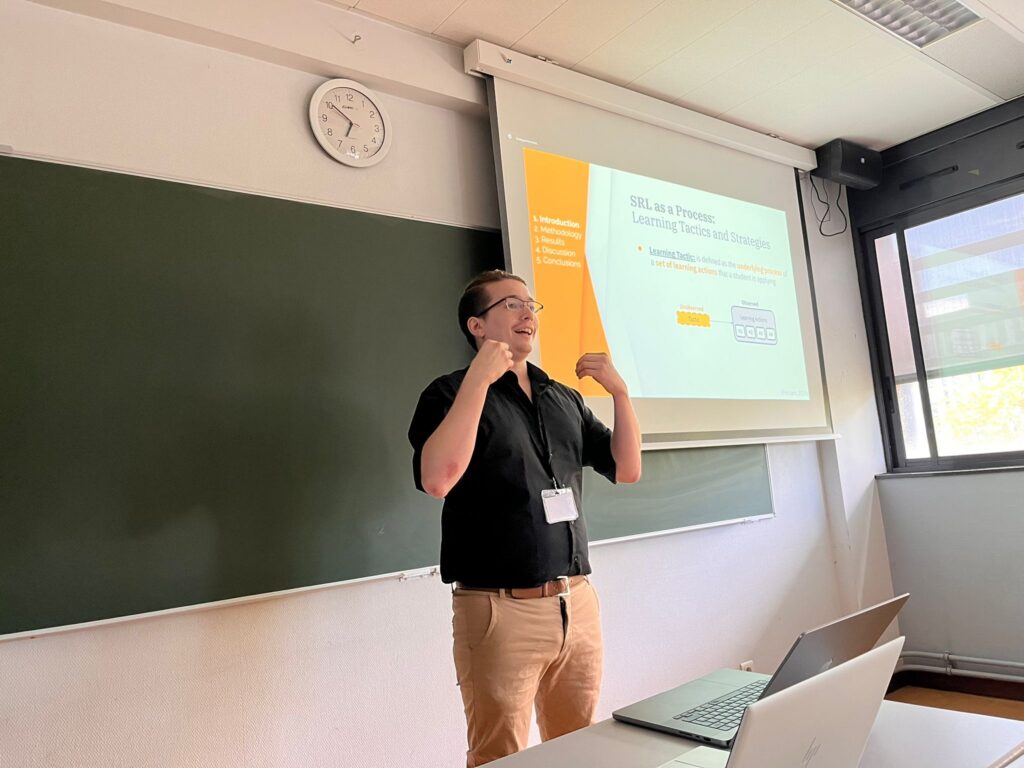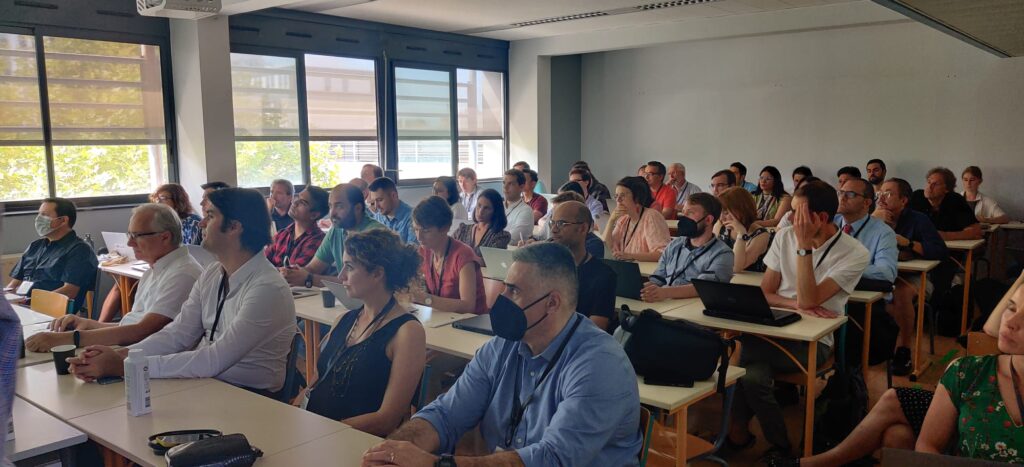Esteban Villalobos, a member of the TALENT team, defended his thesis entitled Developing a learning analytics framework to understand the temporal behavior of students in blended learning environments on 28 June 2024.
Congratulations to him!!!!!!!!
The jury was composed of:
- Hendrik Drachsler – DIPF, Deutsches Institut für Internationale Pädagogische Forschung
- Alejandra Martínez Monés – Universidad de Valladolid
- Sasha Poquet – Technical University of Munich
- Mohammed Saqr – University of Eastern Finland
- Mar Pérez-Sanagustín – IRIT, Université de Toulouse
- Julien Broisin – IRIT, Université de Toulouse
Abstract of the thesis:
In the evolving landscape of educational technology, Self-Regulated Learning (SRL) emerges as a pivotal factor for student success. This is increasingly prevalent in Blended Learning (BL) environments, where students are required to regulate their learning more effectively. Recognizing the critical role of SRL, this thesis addresses the gap in understanding SRL within BL settings by leveraging recent Learning Analytics (LA) methods with self-reported measures. Recent advancements in LA have introduced novel methods using Sequence Analysis (SA) for measuring SRL, offering more nuanced insights into student learning processes and strategies. The thesis addresses two primary objectives: (1) to develop an analytical framework to analyze SRL as it unfolds over time in BL settings, integrating both personal characteristics and trace data to examine the evolution of SRL strategies, and (2) leveraging this framework to understand how LA interventions affect the students’ behavior. To address the first objective, this thesis explores how students’ self-reported measures and prior achievements are related to students’ learning strategies detected using novel SA methods. Additionally, this thesis aims to answer the question of whether trace data can be considered a mediator between the students’ personal characteristics and their final course performance. To address the second objective, this thesis shows how SA methods can be used to understand the causal effect of an LA intervention in the temporal dynamics of students’ behavior. Through meticulous analysis, the research uncovers nuanced insights into how SRL manifests across various BL courses, the predictive value of students’ strategies on academic performance, and the transformative impact of LA interventions on learning behaviors. By synthesizing findings from multiple courses, this research contributes significantly to the educational technology field. The outcomes underscore the importance of a nuanced understanding of SRL in BL environments and demonstrate the benefits of leveraging LA and personal characteristics to understand students’ SRL.


